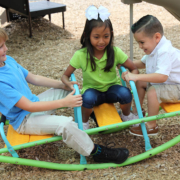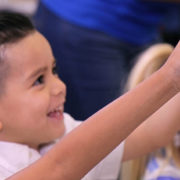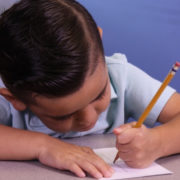Autism and the Holidays: Tips for a Happy and Stress-Free Season
The holidays can be a difficult time for individuals with autism and their families. There are so many changes in routine, new people to meet, and sensory overload from all of the holiday decorations and activities. However, with a little bit of preparation, you can make the holidays a happy and stress-free time for everyone. In this blog post, we will provide some tips for making the holiday season enjoyable for individuals with autism.









